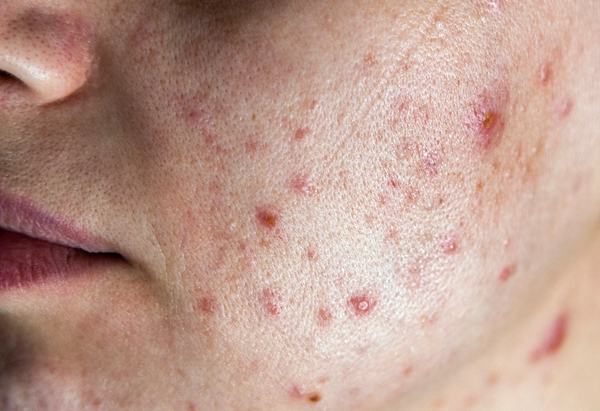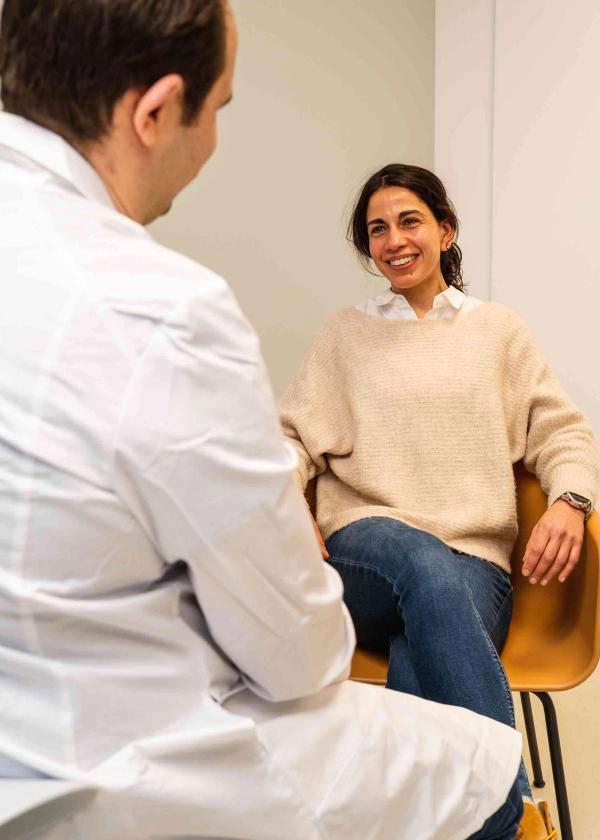Tired of Pimples and Acne? Get Help from a Dermatologist in Oslo, Bergen, and Stavanger!
Are you struggling with acne, whether it's on your face, back, or other areas of your body? Whether you're a teenager or an adult, acne can be a source of frustration and insecurity. At Dr.Dropin, we understand this, and our experienced dermatologists are ready to help you gain control of your skin.
We offer:
- Expertise: Our dermatologists have extensive experience with all types of acne, including teenage acne, adult acne, and hormonal acne.
- Personalized treatment: We take the time to understand your individual needs and concerns, tailoring a treatment plan that's right for you.
- Effective treatment methods: We offer a range of treatment options, including medications, skincare advice, and scar treatment.
- Quick access: We know it can be frustrating to wait for an appointment. At Dr.Dropin, you can get an appointment quickly, without a referral.
- Multiple treatment locations: We offer in-person consultations at our clinics in Oslo, Bergen, and Stavanger, as well as video consultations for your convenience.
Book an appointment with one of our dermatologists, and get the help you need today.








